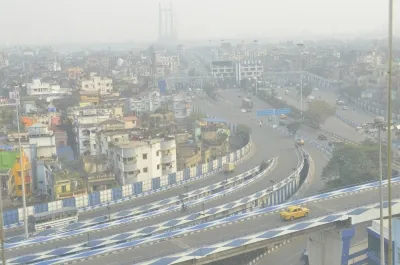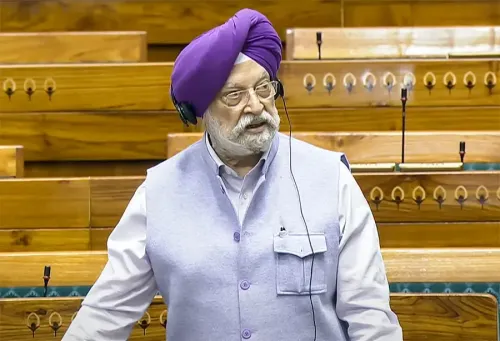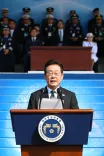What Are the Calcutta HC's Concerns Regarding the CBI's Investigation Progress in the Bengal Teachers’ Recruitment Case?

Synopsis
Key Takeaways
- The Calcutta High Court is questioning the CBI's investigation timeline.
- Corruption allegations involve 32,000 primary teacher positions.
- Transparency and proper procedures in recruitment are critical.
- The case has been ongoing for nearly two years.
- Families of the affected teachers face uncertainty.
Kolkata, Sep 2 (NationPress) The Calcutta High Court on Tuesday expressed concerns regarding the advancement of the Central Bureau of Investigation (CBI) inquiry into the corruption scandal surrounding the recruitment of primary teachers in state-run schools. The court inquired about the timeline for the completion of this investigation.
During the proceedings, a division bench comprising Justice Tapabrata Chakraborty and Justice Ritabrata Kumar Mitra remarked that there is uncertainty about when the investigation into the recruitment corruption will conclude.
The high court emphasized that without the investigation's conclusion, it remains impossible to ascertain who secured their positions through corrupt means and who is implicated in the wrongdoing.
This case involves the cancellation of 32,000 teaching jobs in state-run primary schools. Previous arguments were presented on behalf of both the state government and the West Bengal Primary Education Board.
Attorney for the petitioners, Soumya Majumdar, contended that the primary board failed to publish the merit list accurately, leading to considerable complications that hinder the detection of errors.
Justice Chakraborty challenged this assertion, questioning the procedure that should have been followed for the merit list publication. He asked whether there were specific regulations governing this process. The lawyer responded that no such rules exist, but emphasized that a transparent district-wise list detailing trained and untrained individuals, caste, subject, and numerical data should have been provided.
The court noted that the cancellation of jobs for so many teachers will significantly affect their families, especially given that they have served for five years. The case has lingered for nearly two years, prompting the court to seek alternative solutions and schedule the next hearing for September 11.









